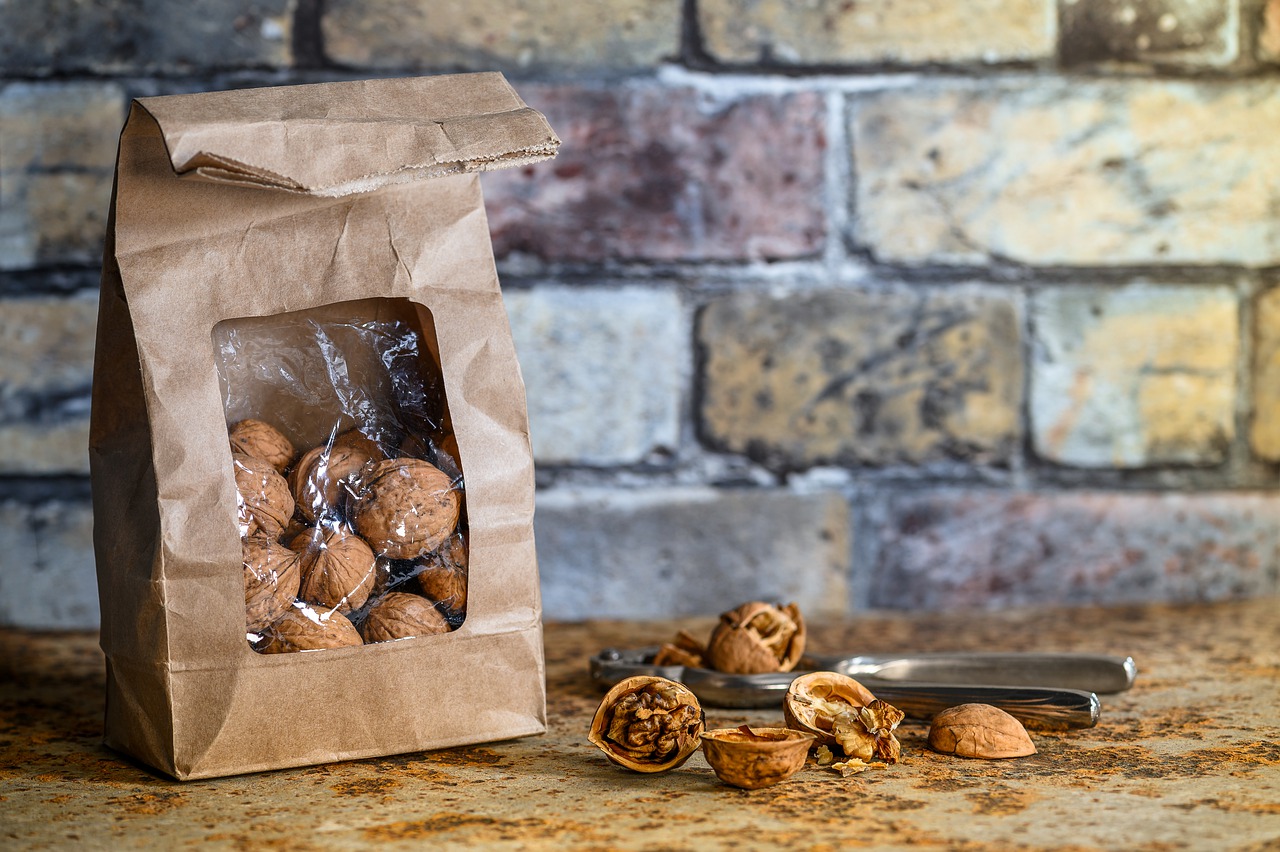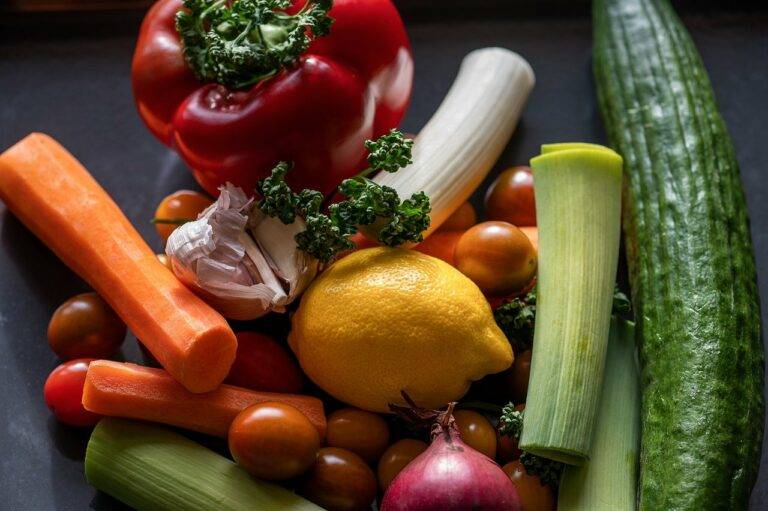Exploring the World of Artisanal Cheese Making
Cheese making traces its origins back thousands of years to the ancient civilizations of Mesopotamia and Egypt. Nomadic tribes discovered the process of curdling milk to create cheese as a way to preserve dairy products for longer periods. These early cheese makers would coagulate milk using animal stomachs or plant extracts, a practice that laid the foundation for the diverse array of cheeses enjoyed today.
As societies evolved, the art of cheese making spread throughout Europe, with different regions developing unique techniques and flavors. Monasteries became centers of cheese production during the medieval period, where monks refined the craft and traded their cheeses with neighboring communities. By the time of the Renaissance, cheese making had become a well-established industry, leading to the creation of iconic cheeses like cheddar, Roquefort, and Gouda.
Different Types of Milk Used in Cheese Making
Most cheeses are made using cow’s milk, which is the most common and widely available type of milk used in cheese making. Cow’s milk is rich in fat, protein, and calcium, making it ideal for producing a wide range of cheeses, from mild cheddars to tangy blues.
Goat’s milk is another popular choice for cheese making, known for its distinct flavor profile and creamy texture. It is often used in crafting artisanal cheeses like feta, chevre, and crottin. Due to its unique composition, goat’s milk cheeses tend to have a pronounced tanginess and earthy undertones that set them apart from cheeses made with cow’s milk.
What is the history of cheese making?
Cheese making dates back thousands of years, with evidence of cheese production as far back as 5500 BC. It is believed to have originated in the Middle East before spreading to Europe and other parts of the world.
What are the different types of milk used in cheese making?
The most common types of milk used in cheese making are cow’s milk, goat’s milk, and sheep’s milk. Each type of milk produces cheeses with unique flavors and textures.
Can cheese be made with plant-based milks?
Yes, cheese can be made with plant-based milks such as soy milk, almond milk, and coconut milk. These cheeses are often referred to as vegan cheeses.
Are there any health benefits to consuming cheese made from different types of milk?
Cow’s milk cheeses are typically higher in calcium and protein, while goat’s milk cheeses are lower in lactose and may be easier to digest for some people. Sheep’s milk cheeses are rich in vitamins and minerals such as zinc and magnesium.
How does the type of milk used affect the flavor of the cheese?
The type of milk used in cheese making can greatly impact the flavor of the final product. Cow’s milk cheeses tend to be creamy and mild, while goat’s milk cheeses have a distinct tanginess. Sheep’s milk cheeses are often rich and savory in flavor.





